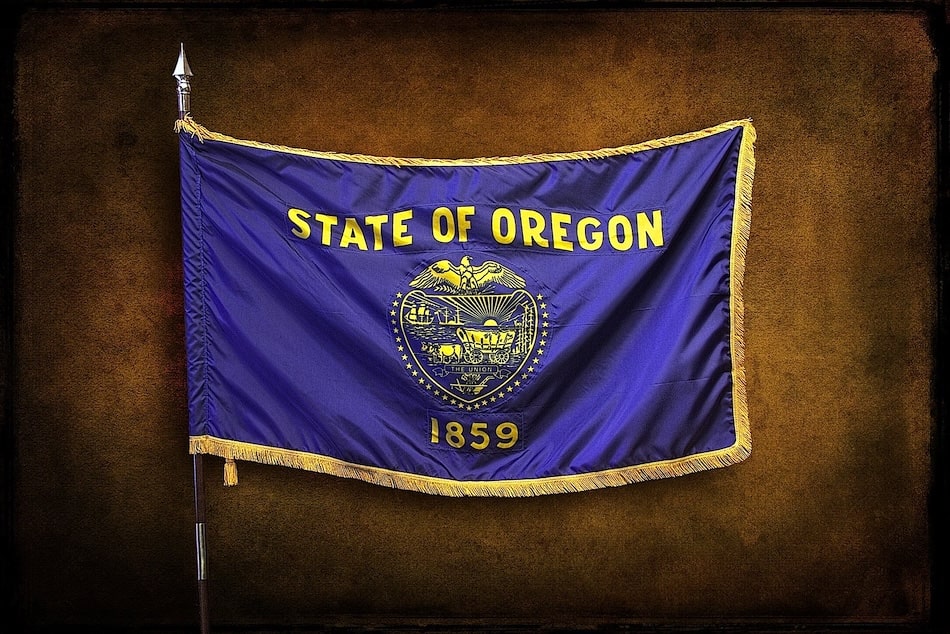
Key Takeaways
- Oregon passed Senate Bill 167 to define digital assets under commercial law.
- The bill allows digital assets to be used as collateral and recognizes electronic records.
- House Bill 2071 seeks to protect Bitcoin use but has not yet been voted on.
Oregon has passed Senate Bill 167 to formally recognize digital assets under the Uniform Commercial Code (UCC), addressing long-standing legal ambiguities around their commercial use.
Governor Tina Kotek signed the legislation into law on May 7.
Introduction of UCC Article 12
The bill introduces UCC Article 12, which establishes a legal framework for digital assets such as Bitcoin, tokenized records, and electronic money.
It updates several UCC articles to reflect the evolving nature of digital commerce, including recognition of electronic records, signatures, and hybrid transactions.
Key changes & amendments
Key changes include amendments to UCC Article 9 that allow digital assets to be used as collateral in secured transactions.
This enables more structured and enforceable use of digital assets in lending and business arrangements.
Transitional measures
The law also provides transitional measures to maintain the validity of previous transactions and gives parties a one-year period to align existing security interests with the new standards.
Clarification of legal treatment
Previously, digital assets lacked clear legal treatment under Oregon’s commercial laws, particularly when used in secured transactions or transferred between parties.
The updated code now clarifies how ownership rights can be legally controlled and enforced.
House Bill 2071: Further protection for digital assets
Separately, House Bill 2071 is under early legislative consideration and aims to further protect digital asset usage.
It would prohibit state and local governments from restricting Bitcoin payments or peer-to-peer blockchain transactions. However, this bill has not yet reached a vote.
No state-held Bitcoin reserve legislation
Oregon has not proposed legislation to create a state-held Bitcoin reserve at this time.




